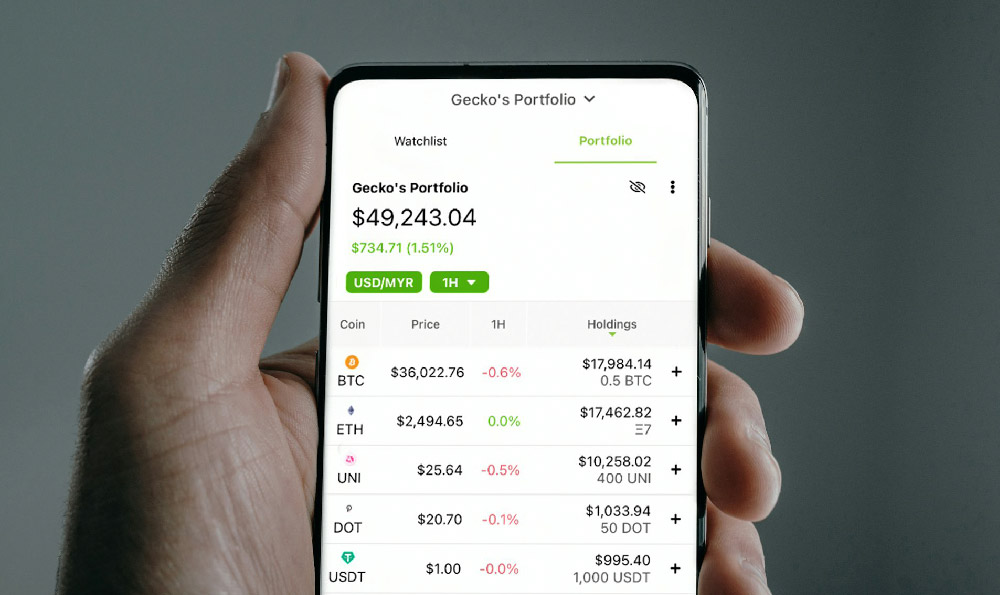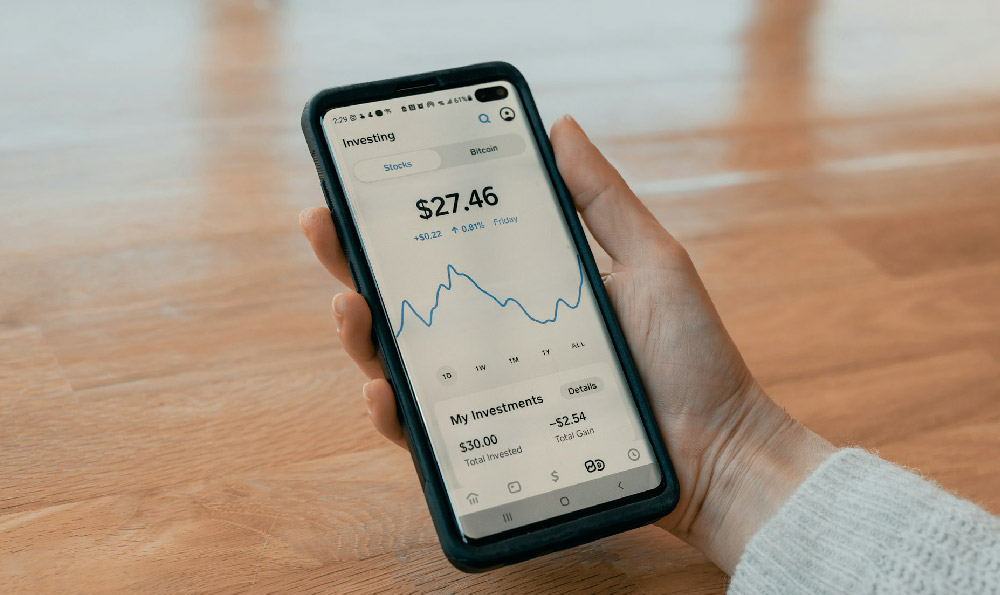How to Make Money with Bitcoin? Is Bitcoin Profitable?
Okay, I'm ready. Here's an article exploring the ways to make money with Bitcoin and analyzing its profitability, avoiding point-by-point lists and overly structured phrasing.
``` Is Bitcoin a golden ticket or a digital mirage? The answer, as with most investments, is nuanced and depends heavily on individual circumstances, risk tolerance, and the strategies employed. While Bitcoin’s volatility can be intimidating, it also presents opportunities for profit if approached with prudence and a solid understanding of the underlying principles.
One of the most straightforward ways to potentially profit from Bitcoin is through simple buying and holding, often referred to as "HODLing" (a misspelling that has become a meme within the crypto community). This involves purchasing Bitcoin and holding it for a prolonged period, regardless of short-term market fluctuations, in the expectation that its value will appreciate significantly over time. The rationale behind HODLing is based on the belief that Bitcoin's limited supply (capped at 21 million coins) and increasing adoption will drive its price upward in the long run. While seemingly passive, HODLing requires discipline and the ability to weather market downturns without panic selling. It's crucial to only invest what you can afford to lose, as Bitcoin's price can be unpredictable.

Active trading provides another avenue for potential gains. Day trading, swing trading, and arbitrage are all strategies employed by traders seeking to capitalize on Bitcoin’s volatility. Day traders attempt to profit from small price movements throughout the day, opening and closing positions within the same 24-hour period. Swing traders hold positions for several days or weeks, aiming to capture larger price swings. Arbitrageurs exploit price differences between different exchanges, buying Bitcoin on one exchange where it’s cheaper and selling it on another where it's more expensive. These strategies demand a deep understanding of technical analysis, market trends, and risk management. They are generally not suitable for beginners, as they can be highly risky and require significant time and dedication.
Beyond direct buying and selling, Bitcoin can also be used to generate income through lending. Various platforms facilitate Bitcoin lending, allowing users to lend their holdings to borrowers for a specified period in exchange for interest. The interest rates can vary depending on the platform, the loan duration, and the borrower's creditworthiness (or, in the case of decentralized finance, the collateral provided). While lending can provide a relatively stable stream of income, it also carries risks. Borrowers may default on their loans, and platforms may be subject to hacks or security breaches. It’s imperative to thoroughly research and vet any lending platform before entrusting it with your Bitcoin.
Bitcoin mining, the process of verifying and adding new transactions to the Bitcoin blockchain, is another way to earn Bitcoin. Miners use specialized hardware to solve complex cryptographic puzzles, and the first miner to solve the puzzle is rewarded with newly minted Bitcoin. Mining requires significant investment in hardware, electricity, and technical expertise. The difficulty of the puzzles increases as more miners join the network, meaning that the costs of mining can easily outweigh the potential rewards, particularly for individual miners. Mining is now largely dominated by large-scale operations with access to cheap electricity.
Staking is a more energy-efficient alternative to mining. It involves holding certain cryptocurrencies to support the network and validate transactions. In return, stakers receive rewards, typically in the form of additional cryptocurrency. While Bitcoin itself cannot be directly staked, there are ways to participate in similar activities through related projects and platforms that leverage Bitcoin within their systems. These are more complex and typically involve "wrapped Bitcoin" or similar derivatives.
The question of whether Bitcoin is profitable hinges on several factors. The timing of your investment is crucial. Those who bought Bitcoin in its early days have seen astronomical returns, while those who bought at market peaks may currently be sitting on losses. Risk management is also essential. Diversifying your portfolio, using stop-loss orders, and only investing what you can afford to lose are all ways to mitigate risk. Finally, your chosen strategy will greatly impact your profitability. HODLing requires patience and conviction, while trading demands skill and discipline.
Moreover, it's important to be aware of the regulatory landscape surrounding Bitcoin. Regulations vary widely from country to country, and changes in regulations can significantly impact Bitcoin's price and its usability. Staying informed about the latest developments in cryptocurrency regulation is crucial for anyone investing in Bitcoin. Furthermore, security is paramount. Bitcoin is a digital asset and is vulnerable to hacking and theft. Protecting your Bitcoin with strong passwords, two-factor authentication, and secure wallets is essential.
Beyond the financial considerations, it's important to acknowledge Bitcoin's potential impact on the future of finance. Its decentralized nature and its ability to facilitate peer-to-peer transactions without intermediaries have the potential to disrupt traditional financial systems. Whether Bitcoin will ultimately fulfill its promise remains to be seen, but its potential to revolutionize finance is undeniable. Understanding this potential, alongside the risks, is crucial when considering Bitcoin as an investment.
Ultimately, making money with Bitcoin requires a combination of knowledge, skill, and risk management. It's not a get-rich-quick scheme, and it's important to approach it with a realistic understanding of the risks involved. Thorough research, careful planning, and a disciplined approach are essential for success. Consider consulting with a financial advisor before making any significant investment decisions. ```















